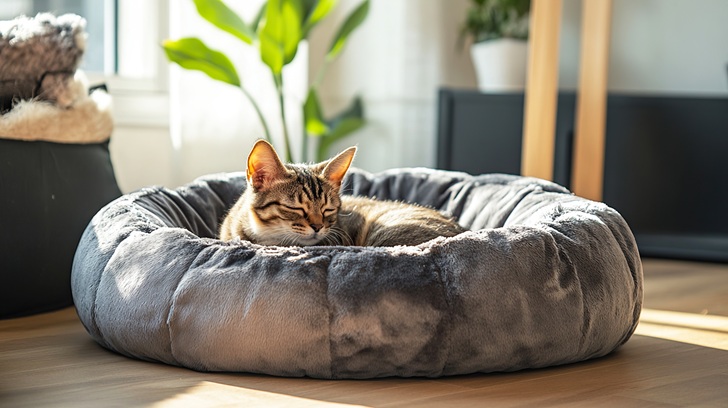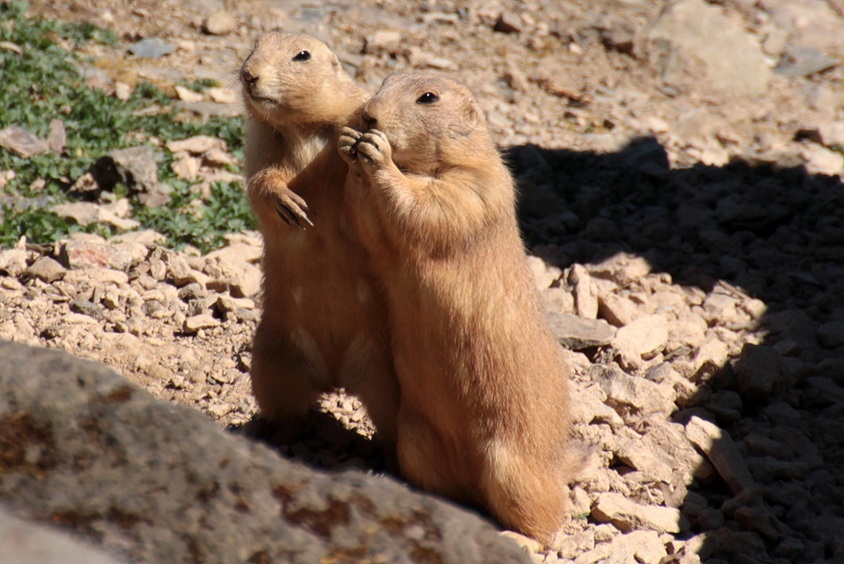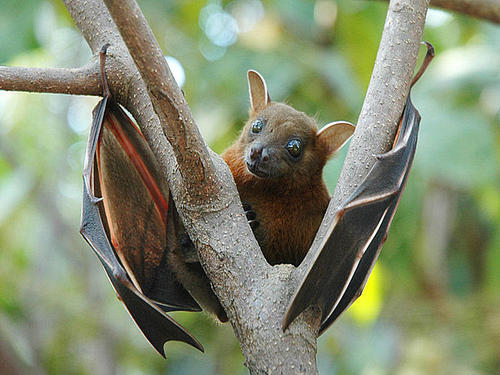Why do cats snore when they sleep? Most cases are harmless, but sometimes the sound is a red flag. Here’s a quick split between “normal” and “see the vet”.
HARMLESS REASONS
- Weird sleeping position
Head jammed into the sofa gap, neck twisted, or sleeping on their back can make the soft palate droop and vibrate—change the angle and the snore stops. - Breed anatomy
Flat-faced (brachycephalic) breeds—Persians, Himalayans, Exotic Shorthairs—have short, narrow nasal passages and an elongated soft palate, so air turbulence is almost built-in. - Deep-sleep relaxation
Cats clock 12–20 h of sleep a day; during REM every muscle loosens, the soft palate flutters more and you hear that gentle rattle.
WHEN TO WORRY
- Overweight
Fat deposits around the neck compress the airway. Obese cats are 2–3× more likely to snore and can develop short apnoeic pauses. - Upper-respiratory disease
Chronic rhinitis, sinusitis, feline asthma or bacterial infections congest the nasal cavity; expect continuous snoring plus sneezing, nasal discharge or wheezing. - Obstructive foreign body / mass
Grass seeds, polyps or tumours create one-sided snoring, pawing at the face or rapid breathing. - Senior changes
Age-related loss of laryngeal muscle tone lets the airway collapse. Progressive louder snores deserve imaging (X-ray or CT).
HOME CHECKLIST
- Sound: soft & intermittent = usually positional; high-pitched or constant → vet.
- Timing: only in deep sleep = OK; snores while awake = investigate.
- Extras: sneezing, nasal drip, open-mouth breathing, weight loss or lethargy → book an exam.
PREVENTION & FIXES
- Keep body-condition score ≤ 5/9; limit high-carb treats.
- Vaccinate and regular health checks to cut respiratory infections.
- Dust-free, 40–60 % humidity, no cigarette smoke.
- For severe brachycephalic cases your vet may discuss soft-palate resection or widening the nares.
Bottom line: brief, posture-related purr-snores are fine; persistent, worsening or symptom-accompanied snoring needs a vet work-up for obesity, infection or obstruction.





